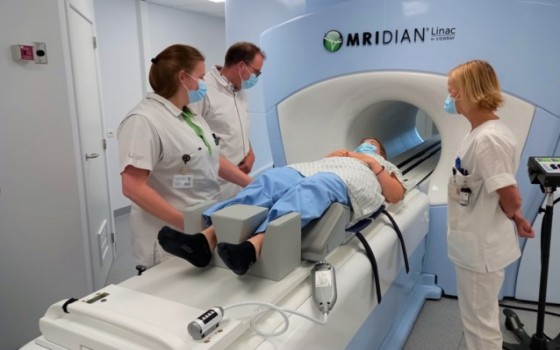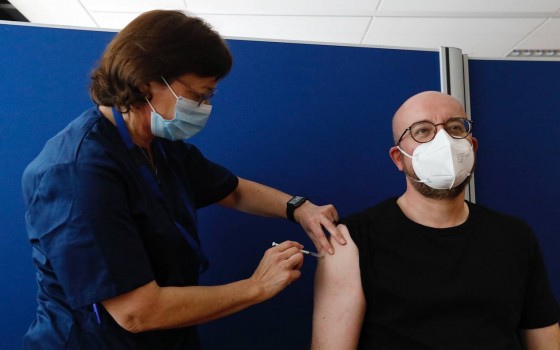
Scientific study reveals the relationship between brain development and eating disorders in young people

- Europe and Arabs
- Saturday , 11 January 2025 11:49 AM GMT
Brussels - London: Europe and the Arabs
A recent scientific study that lasted for about a decade has reached remarkable results that reveal the close relationship between brain development and eating disorders in young people.
About 20 million people in Europe suffer from these disorders, especially anorexia nervosa, bulimia and compulsive eating disorder, with a noticeable increase in the incidence rate among young women and adolescents. According to what was published by the Euronews website in Brussels "European News"
A team of international researchers conducted their study on a large sample of about a thousand young people from four European countries: England, Ireland, France and Germany. The researchers adopted a comprehensive methodology that included collecting genetic data from the participants, in addition to conducting detailed questionnaires about their eating habits and mental health. The participants also underwent accurate examinations using magnetic resonance imaging.
Three groups according to eating patterns
When analyzing the data in the second phase of the study, the researchers classified the participants into three groups according to their eating patterns. The first group, which made up 42% of the participants, included people who follow a healthy diet, while the second group, which represented 33% of the sample, included people who practice self-restriction of the amount of food consumed in order to control weight and appearance, while the third group, which made up 25% of the participants, included people who suffer from emotional or uncontrolled eating, as they tend to overeat compulsively or in response to negative feelings. The results of the study, published in the prestigious journal "Nature Mental Health", revealed a close link between the psychological state of adolescents at the age of fourteen and the development of unhealthy eating habits at the age of twenty-three. It was found that adolescents who suffered from psychological disorders such as anxiety and depression or problems with concentration and attention were more likely to develop eating disorders later in life. Eating and delayed brain maturation during adolescence
MRI scans also revealed that people with eating disorders show delayed brain maturation during adolescence, making adolescents more vulnerable to risky behaviors and being affected by the stressors around them.
In a related context, the study showed an important role for the cerebellum, the part of the brain responsible for controlling appetite, as the low rate of cerebellar maturation helped explain the relationship between genetic risks for high BMI and restrictive eating habits in people at the age of 23.
Commenting on these results, Professor Sylvain Deriver, Professor of Biological Psychiatry at King's College London and the lead researcher of the study, stressed the importance of developing educational programs aimed at addressing unhealthy eating habits and unhealthy coping strategies. She stressed the need for concerted efforts between families, schools, and healthcare professionals to address this problem.
This study opens new horizons in the field of preventing eating disorders, as researchers indicated the possibility of developing early diagnostic tools that help identify people at risk of developing these disorders before symptoms appear.












No Comments Found